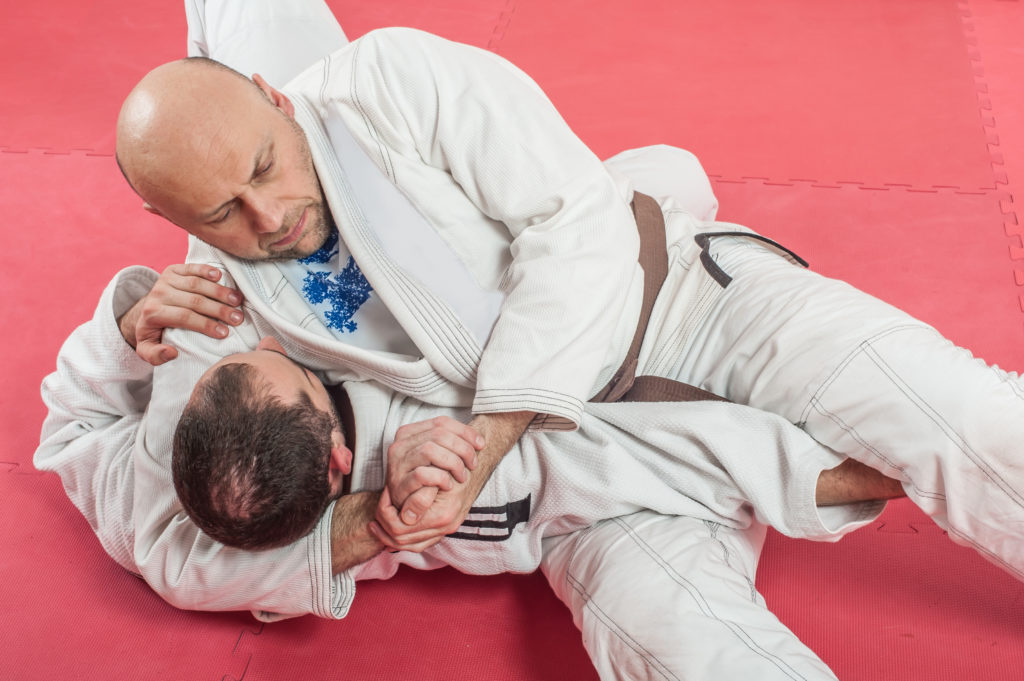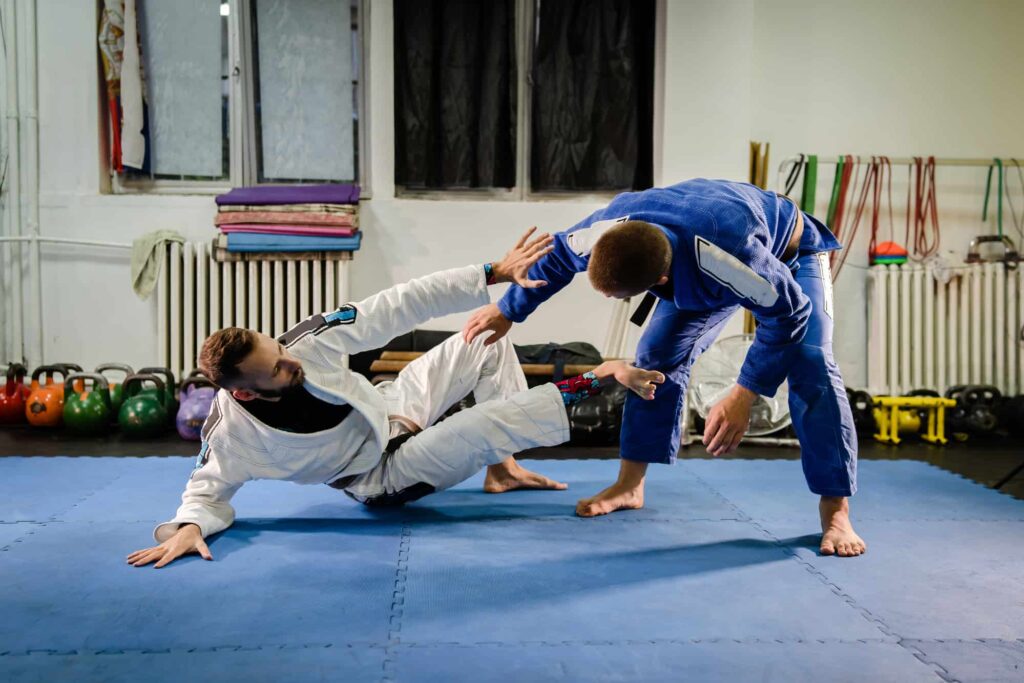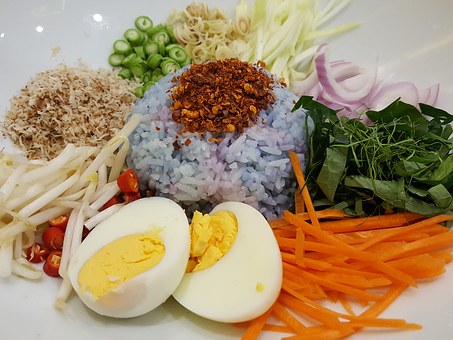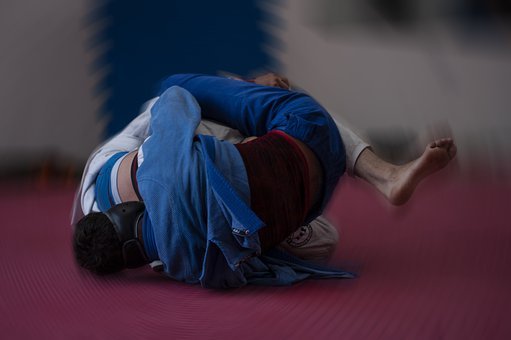In this post we will discuss exactly what to eat before BJJ training in order to get the most out of your training sessions by properly fuelling your training sessions.
While at the same time not feeling too heavy or bloated and restricting your movement and fluidity.
We will also go over what to eat before BJJ competition and in. between matches so you can perform at the highest level of your ability and make the most of your training and skill acquisition up to the point of your competition.
So without further delay lets get into it.
Why Nutrition Matters for BJJ
Nutrition plays a crucial role in energy levels and performance for Brazilian Jiu Jitsu training.
The food you consume directly impacts your body’s ability to function optimally during training sessions, competitions, and also for recovery post training.
So let’s discuss why nutrition matters and the various benefits proper nutritional planning can have on your BJJ as well as some of the negative aspects if you are missing important elements from your nutrition.
Energy to Fuel Your Training
Carbohydrates are the primary energy source for high-intensity physical activities like BJJ training.
When you consume carbohydrates, your body breaks them down into glucose, which is stored in muscles and liver as glycogen.
During training, glycogen is used as fuel, providing the necessary energy to perform at your best.
So carbohydrates are an important part of your pre-BJJ training meal.

Muscle Repair and Recovery
Like any other types of strenuous exercise and training BJJ training breaks your body down and proper nutrition is necessary to recover and build it back up stronger and better.
This requires protein.
Protein is essential for muscle repair and recovery after intense training sessions.
BJJ training involves various muscle groups, and consuming enough protein helps repair damaged muscle fibers and promotes muscle growth.
Hydration
Proper hydration is vital for maintaining energy levels during training.
Dehydration can lead to reduced performance, decreased focus, and increased fatigue.
Water and electrolytes are crucial for maintaining fluid balance and optimal muscle function especially during a BJJ training session.
Focus and Mental Clarity
BJJ can be likened to chess using your body and focus and mental clarity for crucial decision making during BJJ rolling is critical and certain nutrients and foods can impact mental focus and clarity.
For example, omega-3 fatty acids found in fish can support brain function, while foods rich in antioxidants, vitamins, and minerals can protect the brain from oxidative stress and inflammation.
Blood Sugar Regulation
Consuming foods with a high glycemic index can lead to rapid spikes and crashes in blood sugar levels.
Stable blood sugar levels, achieved through balanced meals, prevent energy fluctuations during training.
Recovery
Nutrition also plays a significant role in post-training recovery. Consuming a balanced meal or snack after training provides the body with the necessary nutrients to replenish glycogen stores, repair muscles, and promote recovery.

What to Eat Before BJJ Training: 2 Options
When you eat and what you eat before training can influence energy levels which are very crucial for BJJ training where you want to maintain optimum energy levels.
Consuming a balanced meal with a combination of carbohydrates, proteins, and healthy fats a few hours before training ensures a steady supply of energy during the session.
Before a Brazilian Jiu-Jitsu training session, you’ll want a balanced meal that provides sustained energy and supports your performance without causing discomfort during intense physical activity.
Here’s a suggested pre-training meal:
Option 1:
- Grilled Chicken or Tofu: A lean protein source like grilled chicken or tofu provides essential amino acids for muscle support and repair.
- Brown Rice or Quinoa: Complex carbohydrates from brown rice or quinoa will supply a steady release of energy during your training session.
- Steamed Vegetables: Add a mix of steamed vegetables like broccoli, carrots, and bell peppers for added nutrients and fiber.
- Avocado: A source of healthy fats, avocado can help with nutrient absorption and provide sustained energy.

Option 2 (If you prefer a lighter meal):
- Whole Wheat Wrap with Turkey or Hummus: A whole wheat wrap filled with turkey slices or hummus provides a balanced combination of protein and carbs.
- Mixed Green Salad: A salad with leafy greens, tomatoes, cucumbers, and other colorful vegetables can provide additional nutrients and hydration.
- Low-Fat Greek Yogurt with Berries: Greek yogurt with berries is a great source of protein and antioxidants to support your body during training.
Hydration:
- Drink plenty of water leading up to the BJJ training session to ensure you are well-hydrated. Consider sipping on water or an electrolyte-rich sports drink during the training to maintain hydration levels.
Timing:
- Consume the pre-training meal about 1.5 to 2 hours before your BJJ training session to allow for proper digestion. This timing can vary based on individual preferences, so adjust as needed to avoid feeling too full or hungry during training.
Avoid heavy, greasy, or high-sugar foods that may cause discomfort or energy crashes during your training session.
As always, listen to your body, and if you have any specific dietary needs or health concerns, consult with a registered dietitian or nutritionist for personalized advice.
What to Eat Before BJJ Competition
Before and during a Brazilian Jiu-Jitsu (BJJ) competition, it’s crucial to avoid foods that can lead to discomfort, sluggishness, or hinder your performance.
Here are some of the worst foods to steer clear of:
- Heavy and Greasy Foods: Foods high in saturated fats and greasy items can be hard to digest and may cause feelings of heaviness during a BJJ competition.
- High-Sugar Foods and Drinks: Foods loaded with refined sugars, such as candies, pastries, and sugary energy drinks, can cause rapid fluctuations in blood sugar levels, leading to energy crashes.
- High-Fiber Foods: While fiber is essential for overall health, consuming large amounts of high-fiber foods (e.g., beans, lentils, raw vegetables) before and during competition may cause bloating or gastrointestinal discomfort.
- Carbonated Beverages: Carbonated drinks can lead to gas and bloating, making them unsuitable before and during intense physical activity.
- Spicy Foods: Spicy foods can cause heartburn or indigestion during BJJ competition, which can be distracting and uncomfortable.
- Dairy Products: Some individuals may experience digestive issues if they consume dairy products (e.g., milk, cheese) before and during intense physical activity.
- New or Unfamiliar Foods: Avoid trying new or unfamiliar foods right before or during the competition, as they may not agree with your stomach and could lead to unexpected digestive issues.
- Alcohol: Alcohol can dehydrate your body and impair coordination and reaction time, making it unsuitable for BJJ competition.
Instead, focus on consuming easily digestible and balanced meals before the competition.

Opt for foods that provide sustained energy and do not cause discomfort during physical activity.
Lean proteins, complex carbohydrates, healthy fats, and moderate portions are essential components of a pre-competition meal.
Below is a suggested meal schedule and suggested meals for what to eat beforee BJJ competition.
Approximately 3-4 hours before the competition:
- Grilled Chicken or Turkey: A lean source of protein like grilled chicken or turkey provides essential amino acids for muscle support and repair.
- Brown Rice or Quinoa: Complex carbohydrates from brown rice or quinoa will supply a steady release of energy during your MMA fight.
- Steamed Vegetables: Include a mix of steamed vegetables like broccoli, carrots, and bell peppers for added nutrients and fiber.
- Avocado: A source of healthy fats, avocado can help with nutrient absorption and provide sustained energy.
- Mixed Green Salad: A salad with leafy greens, tomatoes, cucumbers, and other colorful vegetables can provide additional nutrients and hydration.
- Hydration: Drink plenty of water with this meal to ensure you are well-hydrated leading up to the fight.
Approximately 1-2 hours before the competition:
- Light Snack: If you’re feeling hungry closer to the fight, opt for a light and easily digestible snack, such as a banana, an energy bar, or a small serving of low-fat Greek yogurt with berries.
Hydration:
- Continue to hydrate leading up to the fight by sipping on water or an electrolyte-rich sports drink.
Avoid heavy, greasy, or high-sugar foods that may cause discomfort or energy crashes during your MMA fight.
Also, avoid trying new foods or supplements on the day of the fight to prevent any potential digestive issues.
Remember that individual preferences and tolerances vary, so it’s crucial to experiment with different foods during training sessions to find what works best for you.
During the BJJ competition, prioritize staying hydrated by sipping on water or electrolyte-rich sports drinks during breaks.
Stick to easily digestible snacks if needed, such as energy gels, sports gummies, or bananas.



